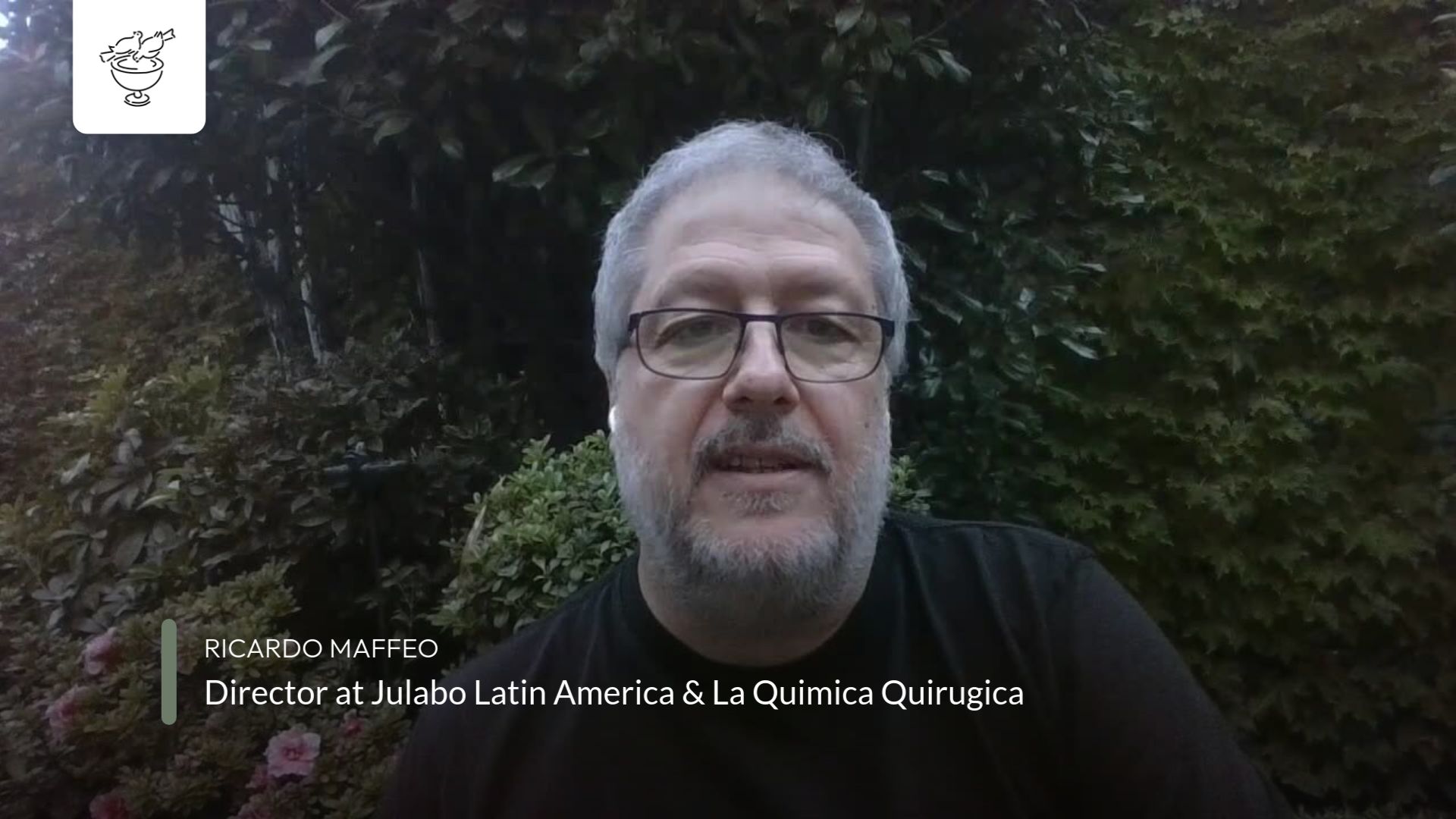All we do is keep faithfully returning to our mantra, our prayer word, our breath – whatever is used in the great pilgrimage to the centre of the soul, that still point within where the Divine waits in silence.
Just before evening meditation begins at Meditatio House, we listen to a reading from one of the many masters of Christian spirituality. Currently we are making our way through a book called Prayer by Swami Abhishiktananda (see the recommended links to find out more about Abhishiktananda). During one reading recently these words struck me:
So long as in our prayer we continue to think and feel, to treat God “in relation to ourselves”, it is certain that we have not yet entered the innermost “mansion” of the Interior Castle – according to the imagery of St Teresa of Avila. Those whose aim is God never stop short at anything whatever that is thought or felt, no matter how exalted or uplifting it may seem to be.
Teresa of Avila writes about two kinds of union in her book The Interior Castle. One union she describes as a betrothal, a kind of engagement to God. This betrothal is the kind of union that can also become a separation.The union at this point is young and somewhat changeable. During this time, however, there can be experienced what Teresa describes as a joy “greater than all the joys of earth, and greater than all its delights, and all its satisfactions..”. These are profound experiences which are the fruit of this young union, much like the experience of falling in love.
****
My life had been a story of isolation and rejection. I had isolated myself to protect myself. I had been rejected by my peers as too different. Into my twenties I began to experience certain consolations of the soul, as if God was attempting to fill a void within me. As time went on, and as my contemplative practice began to slowly shape itself, there would come experiences of great joy, of being filled by a Divine love that has its being in everything and everyone.
If the Divine has gifted us with this experience of joy (an experience which can be the fruit of any contemplative practice), then this is when we need to be wary. Such is the nature of the experience that it can become something which we long for more than the Divine life itself. This joy, this satisfaction, is not God. It is a gift of God’s presence and action within us. It’s as if the experience becomes a kind of siren call of delight which the ego can use to keep us in this state of temporary and changeable union, in a state of attachment to our emotional life.
If we are to accept the above words of Abhishiktananda as an authentic statement of the mystical way, if we are to “never stop short at anything whatever that is thought or felt, no matter how exalted or uplifting it may seem to be”, then it is a part of the contemplative journey into God (a thoroughly human journey) to leave these experiences behind. They are not to be desired, even if they keep happening. The mystical, the contemplative way, is about arriving at another kind of union, one that is not changeable and subject to the whims of an insecure ego.
The Divine seeks from us a union that Teresa names as a marriage. This is simply a matured, stable, and largely conscious communion (common-union) with the Divine life. It is the union of which Abhishiktananda speaks, the union which can be found at the centre of the soul, Teresa’s innermost mansion.
There was a reason the words of Abhishiktananda had struck me so strongly: I had fallen for the siren call again – a very human thing to do. Who doesn’t want to feel that they are loved? The desire to have these experiences of joy sat just below the mantra as it sounded. It was splitting my attention between it and the mantra. Whilst ever this split was happening I was not fully engaging the meditators journey into an ever more stable communion with God. Through Abhishiktananda‘s words I was being asked, once again, to leave behind the siren’s call. I went back and re-read Abhishiktananda. More words made an impact:
Yet it [the soul] is for ever incapable of reaching him [God], so long as it is not ready to leave itself behind and to be immersed and lost in the abyss of God himself. Then only it understands that silence is the highest and truest praise…The soul itself is then simply silence…
Silence. I had forgotten the true landmark of God. Not thought, not word, not image, not emotion. Silence. It’s abyss. The absence of everything so as to be filled with nothing, the no-thing of God. It was time to re-choose my way into silence once again. Time to re-focus on the mantra.
Teresa asserts that any desires for “consolations or favours” from God are no more once this “innermost mansion” (or room) of the soul is reached. This is because once attention is in this innermost mansion there is the most direct experience of the Divine that any human can have – one that is devoid of the desires to have the experience because the experience is happening. Teresa continues:
He [the Divine] and the soul alone have fruition of each other in the deepest silence. There is no reason now for the understanding to stir, or to seek out anything, for the Lord who created the soul is now pleased to calm it ….
All that is left is a silent “happy companionship”, a companionship being experienced without reason, that is, without the mind attempting understanding. All is silent. This experience awaits the practitioner of an established contemplative practice. It is an experience that is itself a Divine gift. It is not about ‘clocking up’ enough meditation time for this to happen, although there does need to be a certain preparedness. This preparedness happens when it happens. All we do is keep faithfully returning to our mantra, our prayer word, our breath – whatever is used in the great pilgrimage to the centre of the soul, that still point within where the Divine waits in silence.





